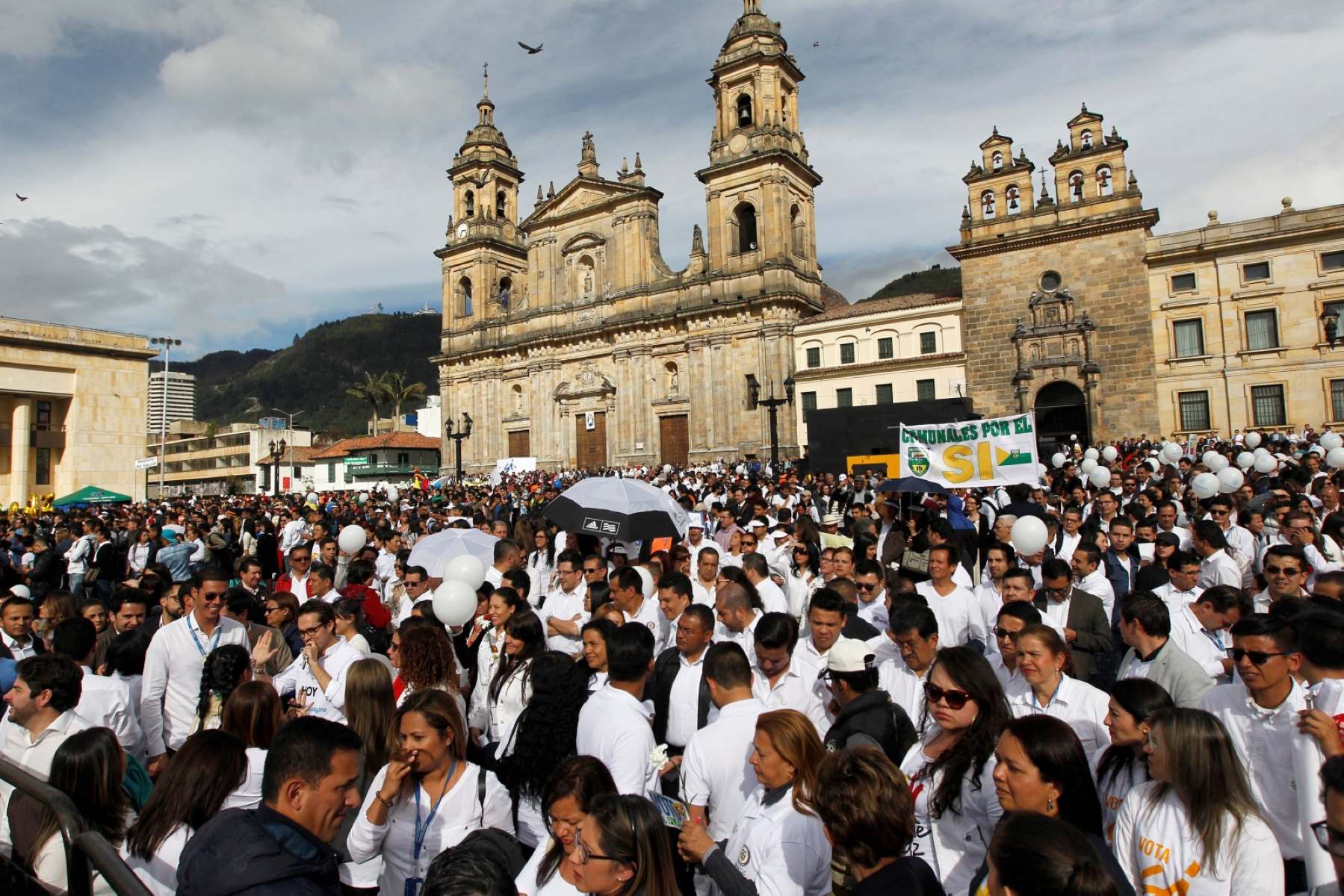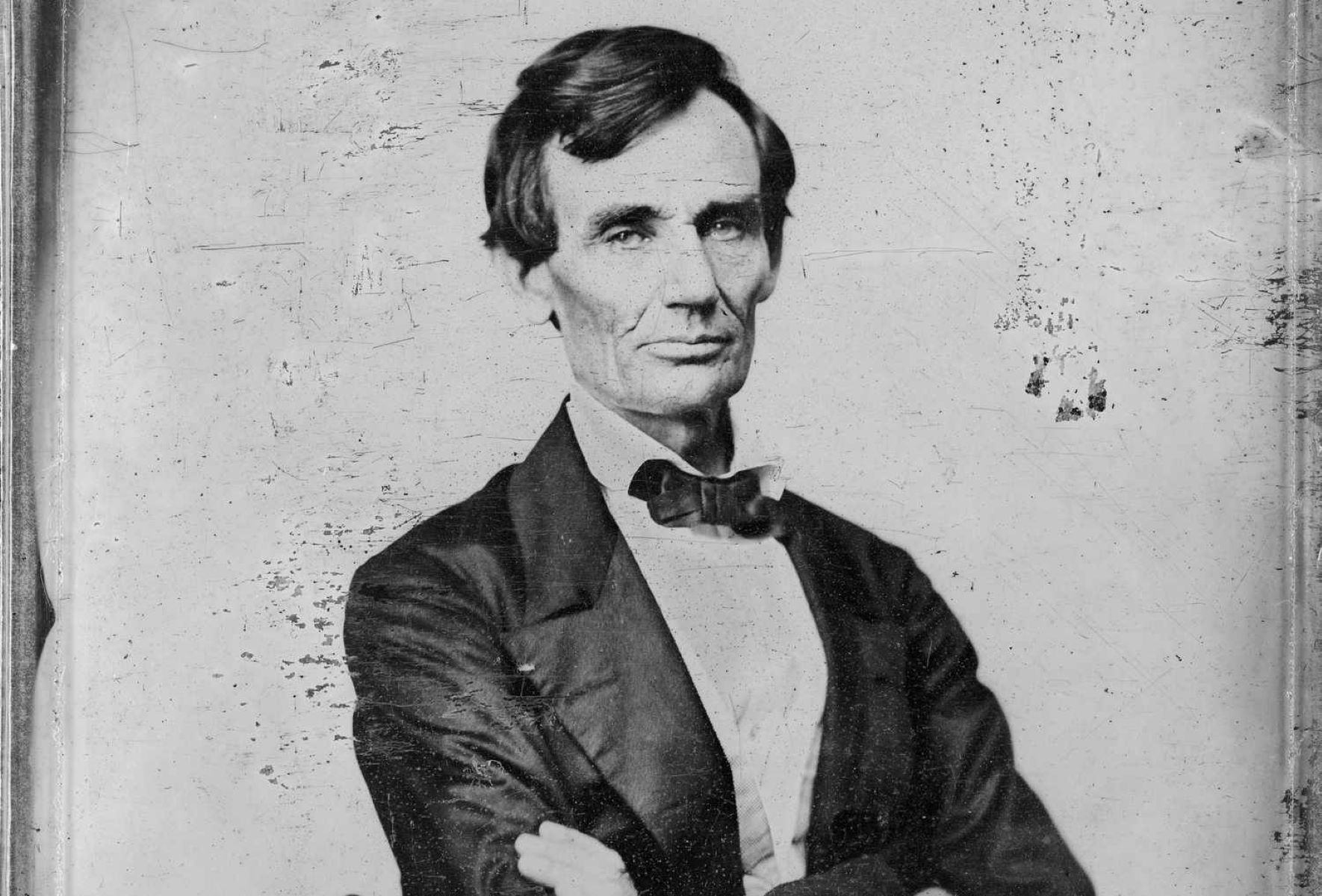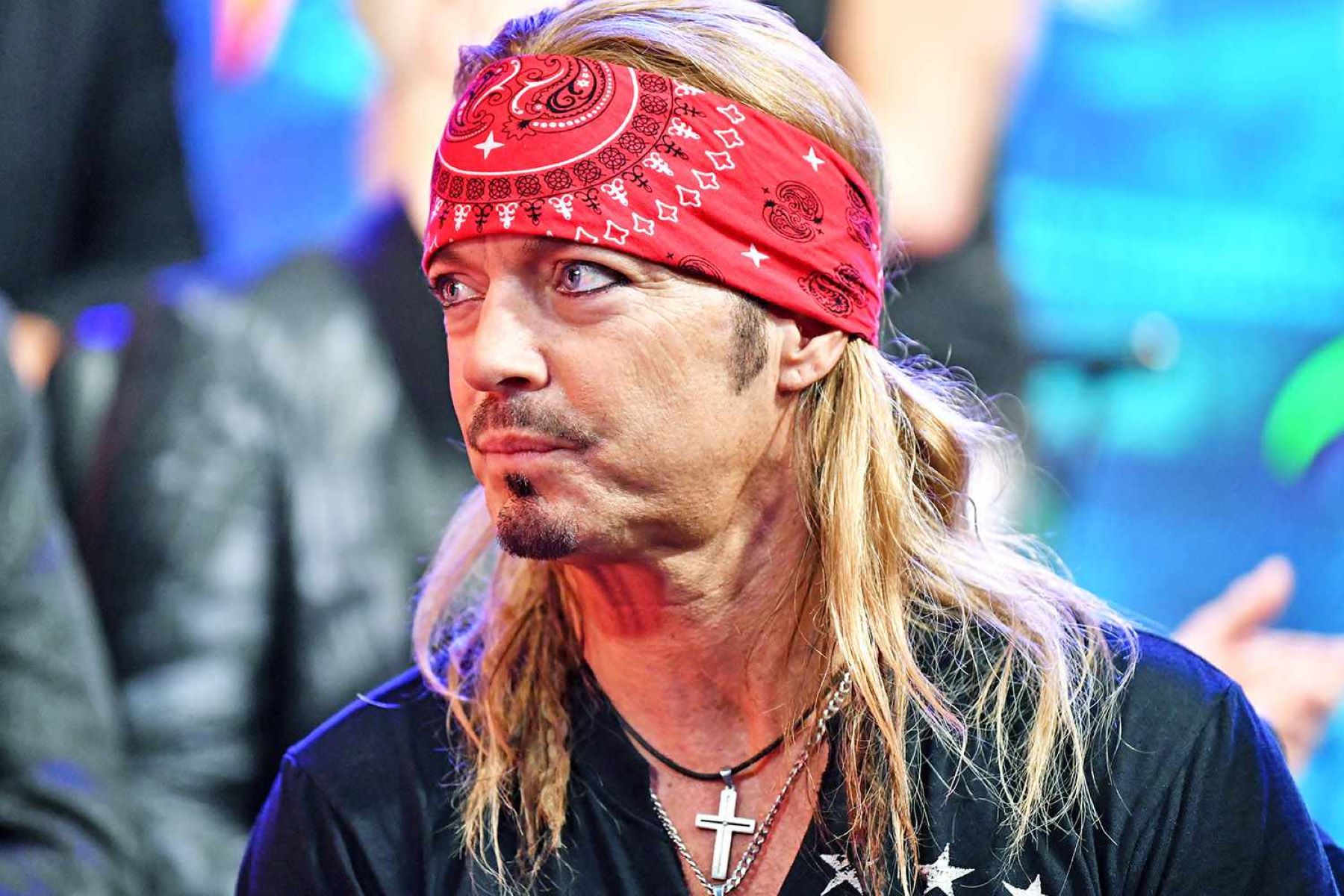Home>Opinion and Editorial>The Shocking Truth About Hillsong: Cult Or Not?


Opinion and Editorial
The Shocking Truth About Hillsong: Cult Or Not?
Published: January 16, 2024
Discover the truth about Hillsong: Is it a cult? Get expert opinions and editorials on the controversial topic. Explore the shocking revelations now.
(Many of the links in this article redirect to a specific reviewed product. Your purchase of these products through affiliate links helps to generate commission for Regretless.com, at no extra cost. Learn more)
Table of Contents
Introduction
Hillsong Church, a global religious phenomenon, has garnered widespread attention and sparked intense debate in recent years. With its massive following, chart-topping worship music, and celebrity endorsements, Hillsong has undeniably made a significant impact on modern Christianity. However, beneath the surface of its seemingly charismatic appeal lies a contentious question: Is Hillsong a cult, or is it simply a thriving church with a unique approach to worship and outreach?
As we delve into the complex and polarizing narrative surrounding Hillsong, it's essential to approach the topic with an open mind and a commitment to understanding the various perspectives at play. The allure of Hillsong's vibrant worship experiences and its ability to attract a diverse and devoted following cannot be overlooked. Nevertheless, the allegations of cult-like behavior and the controversies that have emerged demand careful examination and critical analysis.
In this exploration, we will navigate through the historical roots of Hillsong Church, shedding light on its evolution from a small gathering in Sydney, Australia, to a global religious powerhouse. We will also address the troubling allegations of cult-like practices and manipulation that have surfaced, prompting deep scrutiny and raising profound concerns among both supporters and critics.
Amidst the fervent discussions and conflicting viewpoints, it is crucial to maintain a balanced perspective and seek clarity on the truth behind the sensationalized headlines and fervent accusations. By delving into the core tenets of Hillsong's teachings, its leadership structure, and the responses to the allegations, we aim to unravel the enigma surrounding Hillsong and gain a comprehensive understanding of its nature and impact.
As we embark on this exploration, it is essential to acknowledge the sensitivity and complexity of the subject matter. By engaging in a thoughtful and discerning dialogue, we can navigate the intricate layers of this ongoing debate and arrive at a more informed perspective on the shocking truth about Hillsong: cult or not?
Read more: The Shocking Truth About “Hella” In The US
History of Hillsong Church
Hillsong Church, originally known as Hills Christian Life Centre, was founded in 1983 by Brian and Bobbie Houston in the suburbs of Sydney, Australia. What began as a small gathering in a school hall with a mere 45 attendees has since burgeoned into a global religious movement with a presence in over 28 countries. The church's meteoric rise to prominence is attributed to its innovative approach to worship, contemporary music, and a fervent emphasis on reaching the unchurched.
Throughout its formative years, Hillsong Church experienced significant growth, drawing in a diverse congregation with its vibrant worship services and dynamic preaching. The church's music ministry, led by talented musicians and songwriters, played a pivotal role in shaping its identity and extending its influence beyond the confines of traditional church settings. The release of worship albums, featuring anthems such as "Shout to the Lord" and "Mighty to Save," propelled Hillsong's music onto the global stage, captivating audiences worldwide and solidifying its reputation as a trailblazer in contemporary Christian music.
Under the visionary leadership of Brian Houston, Hillsong expanded its reach through the establishment of multiple campuses across Australia and eventually ventured into international territories, including the United Kingdom, the United States, and beyond. The church's commitment to embracing modern technology and media further propelled its growth, enabling it to connect with a broader audience and cultivate a global community of believers.
Hillsong's annual conferences, such as the Hillsong Conference and Colour Conference, became iconic gatherings that attracted thousands of attendees, fostering a sense of unity and spiritual renewal. The church's emphasis on creativity, excellence, and relevance in its presentations resonated with a new generation of worshippers, positioning Hillsong as a pioneering force in contemporary Christian culture.
As Hillsong Church continued to expand its influence, it became synonymous with a distinct style of worship characterized by energetic music, contemporary expressions of faith, and a commitment to engaging with the broader culture. This approach, while celebrated by many, also drew scrutiny and criticism from traditionalists and skeptics who questioned the church's doctrinal stance and the impact of its unorthodox methods.
The evolution of Hillsong Church from a modest gathering in Sydney to a global phenomenon reflects a remarkable journey marked by innovation, controversy, and unwavering devotion. The church's trajectory has been defined by its ability to adapt to the changing landscape of contemporary Christianity while navigating the complexities of its own growth and influence.
This historical backdrop sets the stage for a deeper exploration of the allegations and controversies surrounding Hillsong, shedding light on the multifaceted nature of its impact and the challenges it faces as a prominent religious institution.
Allegations of Cult-like Behavior
The rise of Hillsong Church to global prominence has been accompanied by persistent allegations of cult-like behavior and practices. Critics and former members have raised concerns about the church's leadership structure, control mechanisms, and the perceived manipulation of its followers. These allegations have sparked intense scrutiny and ignited fervent debates, casting a shadow over Hillsong's otherwise vibrant and dynamic image.
One of the primary allegations leveled against Hillsong revolves around its hierarchical leadership model and the perceived influence wielded by its senior pastors, particularly Brian Houston. Critics have pointed to the centralized authority within the church, expressing apprehensions about the extent of control exerted by the leadership over the beliefs and actions of congregants. This centralized control has raised questions about the autonomy of individual members and the potential for undue influence in decision-making processes.
Furthermore, former members and external observers have highlighted the church's emphasis on financial contributions and the culture of tithing, raising concerns about the financial pressure placed on congregants. Allegations of financial exploitation and the prioritization of monetary contributions have fueled skepticism about Hillsong's motives and its approach to stewardship and financial transparency.
Another contentious issue centers on the church's approach to discipline and accountability, with allegations of punitive measures being imposed on members who question the leadership or express dissenting views. Reports of individuals facing ostracism and shunning within the church community have underscored the perceived intolerance towards critical voices and the potential for social coercion.
The intense devotion and allegiance exhibited by Hillsong members have also drawn comparisons to characteristics commonly associated with cult-like groups, prompting inquiries into the psychological and emotional dynamics at play within the church. The fervent worship experiences, charismatic leadership, and the sense of belonging fostered by the church have raised questions about the boundaries between healthy spiritual engagement and potential manipulation.
These allegations of cult-like behavior have reverberated throughout the public discourse, prompting a closer examination of Hillsong's internal dynamics and the impact of its practices on the well-being of its members. While the church has vehemently refuted these allegations, the persistent nature of these claims has cast a shadow over its reputation and raised profound questions about the true nature of its influence and intentions.
The allegations of cult-like behavior surrounding Hillsong Church have ignited a contentious and deeply polarized discourse, underscoring the complexity of evaluating its practices and impact. As these allegations continue to reverberate, it is imperative to engage in a nuanced and discerning dialogue that seeks to understand the multifaceted dynamics at play within the church and its broader implications for its members and the wider religious community.
Response from Hillsong Church
In response to the allegations of cult-like behavior, Hillsong Church has vehemently denied the accusations, asserting that they are baseless and misrepresentative of the church's values and practices. The leadership of Hillsong, particularly Brian Houston, has consistently refuted the characterization of the church as a cult and has emphasized the commitment to transparency, accountability, and the well-being of its members.
Hillsong has sought to address the concerns raised by emphasizing its dedication to fostering a supportive and inclusive community where individuals can engage in their faith journey without coercion or undue influence. The church has underscored its adherence to biblical principles and has emphasized the importance of free will and personal agency in matters of faith and participation in the church's activities.
Furthermore, Hillsong Church has emphasized its commitment to financial integrity and stewardship, highlighting its adherence to established accounting practices and the responsible management of resources. The church has sought to provide clarity on its approach to financial contributions, emphasizing the voluntary nature of giving and the absence of coercion or manipulation in matters of giving.
In addressing the hierarchical structure of the church, Hillsong has emphasized the importance of leadership accountability and the promotion of a culture of openness and dialogue. The church has expressed a commitment to fostering an environment where members can voice their concerns and engage in constructive conversations without fear of retribution or exclusion.
Hillsong's response to the allegations of cult-like behavior has been characterized by a firm stance on the church's values and its dedication to upholding ethical standards and the well-being of its members. The church has underscored its commitment to continuous improvement and has acknowledged the importance of addressing concerns raised by both internal and external stakeholders.
As the discourse surrounding Hillsong's nature and practices continues to unfold, the church's response serves as a pivotal element in shaping the ongoing dialogue and understanding of the complexities at play. The response from Hillsong Church invites further scrutiny and reflection, prompting a nuanced exploration of the dynamics and implications of the allegations and the church's efforts to address them.
The church's response to the allegations provides valuable insights into its perspective and approach to the challenges it faces, contributing to a more comprehensive understanding of the multifaceted issues surrounding Hillsong. This ongoing dialogue underscores the significance of engaging in a discerning and empathetic exploration of the complexities inherent in evaluating the nature and impact of religious institutions such as Hillsong Church.
Conclusion
In conclusion, the narrative surrounding Hillsong Church is undeniably complex, marked by a juxtaposition of fervent devotion, global influence, and contentious allegations. The church's evolution from a modest gathering in Sydney to a global religious phenomenon reflects a remarkable journey characterized by innovation, controversy, and unwavering devotion. However, amidst its meteoric rise, Hillsong has faced persistent allegations of cult-like behavior, prompting a fervent and deeply polarized discourse that demands careful examination and critical analysis.
The allegations of cult-like behavior, including concerns about centralized leadership control, financial stewardship, and the potential for undue influence, have cast a shadow over Hillsong's otherwise vibrant and dynamic image. These allegations have ignited intense scrutiny and fervent debates, prompting a closer examination of the church's internal dynamics and the impact of its practices on the well-being of its members.
In response to these allegations, Hillsong Church has vehemently refuted the characterization of the church as a cult, emphasizing its commitment to transparency, accountability, and the well-being of its members. The church's response underscores its dedication to fostering a supportive and inclusive community and its adherence to biblical principles and financial integrity.
As the discourse surrounding Hillsong's nature and practices continues to unfold, the church's response serves as a pivotal element in shaping the ongoing dialogue and understanding of the complexities at play. The response from Hillsong Church invites further scrutiny and reflection, prompting a nuanced exploration of the dynamics and implications of the allegations and the church's efforts to address them.
Ultimately, the shocking truth about Hillsong: cult or not, remains a deeply contested and profoundly nuanced subject. The ongoing dialogue underscores the significance of engaging in a discerning and empathetic exploration of the complexities inherent in evaluating the nature and impact of religious institutions such as Hillsong Church. It is imperative to approach this discourse with an open mind and a commitment to understanding the various perspectives at play, striving to unravel the enigma surrounding Hillsong and gain a comprehensive understanding of its nature and impact.















